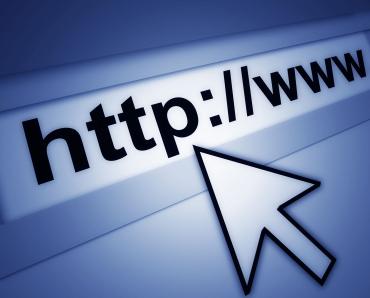Currently, the online world runs Internet Protocol version 4, but with new addresses, or websites, being added every day, the system is running out of space to host these addresses, therefore Internet companies will carry out a test on Wednesday to check IPv6 compatibility. According to Arin (the American Registry for Internet Numbers), the number of IPv4 addresses will be exhausted before the end of 2011.
Think of it this way: When a telephone company runs of out of digits, it adds one more number. The same rule applies to Internet.
...
World's biggest Internet test on Wednesday
Image: Hundreds of websites will switch to IPv6 for a 24-hour period.In order to test whether websites, service providers and others are ready to make the transition to IPv6, hundreds of websites around the world will switch to IPv6 for a 24-hour period, which might create problems for some users, especially those whose systems are not up-to-date or those whose routers do not support IPv6.
Although Safari, Internet Explorer, Firefox and Chrome browsers support IPv6, Google says it expects about 0.5 per cent of requests to fail due to network incompatibility, while Facebook says about 0.03 per cent of its users could be affected.
World's biggest Internet test on Wednesday
Image: Some users might not be able to connect to some sites.Facebook also said recent studies had indicated that about one in 2,000 users have trouble connecting to dual stacked websites - sites that have both IPv4 and IPv6 addresses.
In a post on its engineering blog, Facebook said the adoption of IPv6 had become a "classic chicken-and-egg puzzle". "Websites don't want to enable IPv6 because a small number of their users may have trouble connecting," it said.
"At the same time, doing nothing means that ever more users will have trouble connecting," said Facebook.
And, if you are wondering what happened to IPv5? Well, it did not get off the experimental stage, but it is being used for VoIP (Voice over Internet Protocol).




article